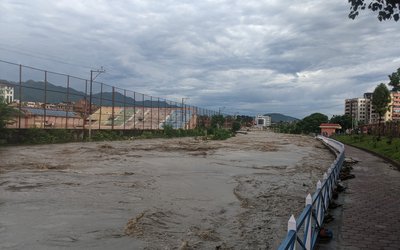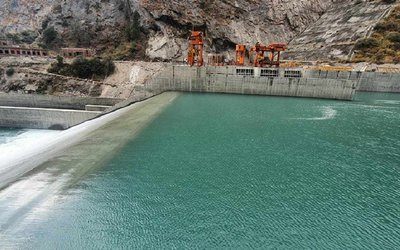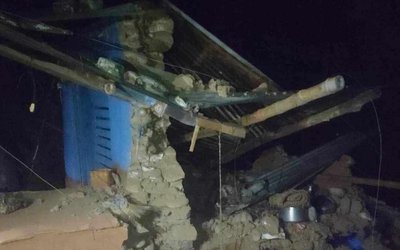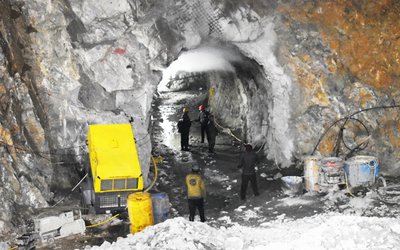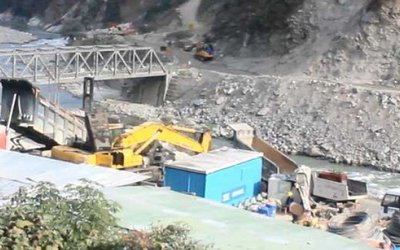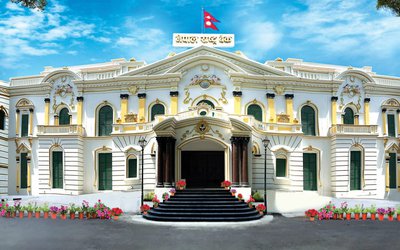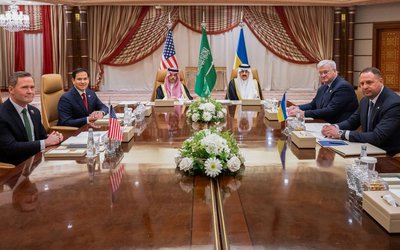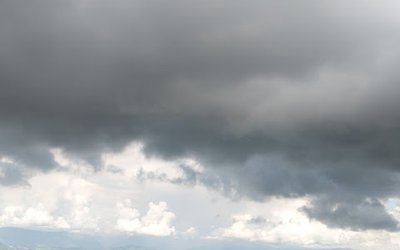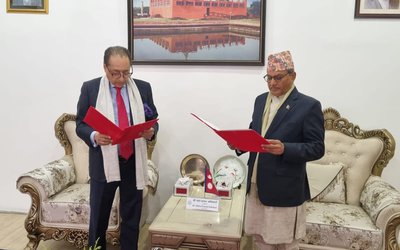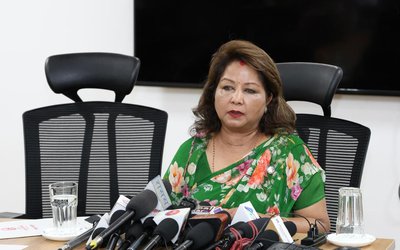
Having taken part in Nepal-India energy trade negotiations for a long time, Secretary of Energy Dinesh Ghimire knows the art of making deals with India on power.
Although the virtual meeting concluded without achieving a major breakthrough on Nepal’s export of surplus energy to India and Bangladesh through Indian grid, secretary Ghimire was able to convince India that they need to purchase Nepal’s surplus energy from next year. After a day-long discussion, Nepal and India agreed to finalize the Regulatory Modality to Export Nepal’s Surplus Power.
“We concluded our bilateral trade meeting with an agreement to form a committee to develop modalities. This is good news for us. From next year, we will need the market for our over 1000 MW surplus energy during the season.”
According to a press release issued by Indian side, Nepal and India are close to finalizing the regulatory modality for allowing Nepali power producers access to Indian power market which will provide an outlet for Nepal’s surplus power in the coming months.
This agreement was reached during a meeting of Power/Energy Secretaries of Nepal and India, co-chairs of the 8th meeting of Joint Steering Committee (JSC) on Cooperation in Power sector, which was held through a video conferencing.

Both sides discussed, inter alia, development of suitable rules and guidelines for allowing access to Nepali power producers to Indian markets, development of energy banking mechanism, development of cross border high voltage transmission lines as well as reviewing the progress of the SJVN Limited- developed 900 MW Arun-III Hydro Electric Project in Nepal and agreeing to further facilitate its expeditious implementation.
Dinesh Kumar Ghimire, Energy Secretary of Nepal was assisted by representatives of various Ministries and Departments of Government of Nepal. The Joint Working Group meeting at the level of Joint Secretaries was held in preparation of this meeting.
Similarly, Sanjiv Nandan Sahai, Power Secretary, Government of India was accompanied by Ambassador of India to Nepal, Vinay Mohan Kwatra and a 17 member delegation drawn from various Ministries and public sector undertakings of Government of India including NHPC Limited, NTPC Limited and the Indian Embassy in Kathmandu.
According to a press release issued by The Embassy of India Kathmandu, the JSC is the apex bilateral mechanism for enhancing and coordinating various Government-to-Government led initiatives in power sector. The meeting reviewed the progress made on bilateral processes and initiatives in this sector.
Both governments have been coordinating closely with each other in this sector. Consequently, progress made in the last five years in this sector has been exemplary.
This includes completion of South Asia’s first cross border 400 KV transmission line at Muzaffarpur-Dhalkebar, agreement on funding modality for Gorakhpur-Butwal 400 KV line for which the construction will commence soon, and the brisk progress on the 900 MW Arun-III Hydro Electric Project.
Both sides reaffirmed their commitment to further strengthening the power sector cooperation between the two countries, including development of an integrated grid, building of more cross border transmission lines, as required, as well as investing in Nepal’s hydro and solar power projects. The positive and wide-ranging discussions are expected to further support the expansion in power sector cooperation between India and Nepal.
Agreeing to continue further negotiations in coming meeting, Nepal-India energy trade talk revived the hope of Nepalese energy officials that India will manage the a way for Nepal to send its surplus energy to India from coming year.
- ADB’S CHIEF ECONOMIST: Nepal Reduces Poverty
- Mar 11, 2025
- FM DR. DEUBA: A Successful Visit
- Mar 11, 2025
- MD GHISING: Target Of Personal Grudge
- Mar 09, 2025
- UPPER TRISHULI-1 HYDROPOWER: Supporting Community Development
- Feb 24, 2025
- ADB POWERING NEPAL: Five Decades Of Support
- Feb 24, 2025
